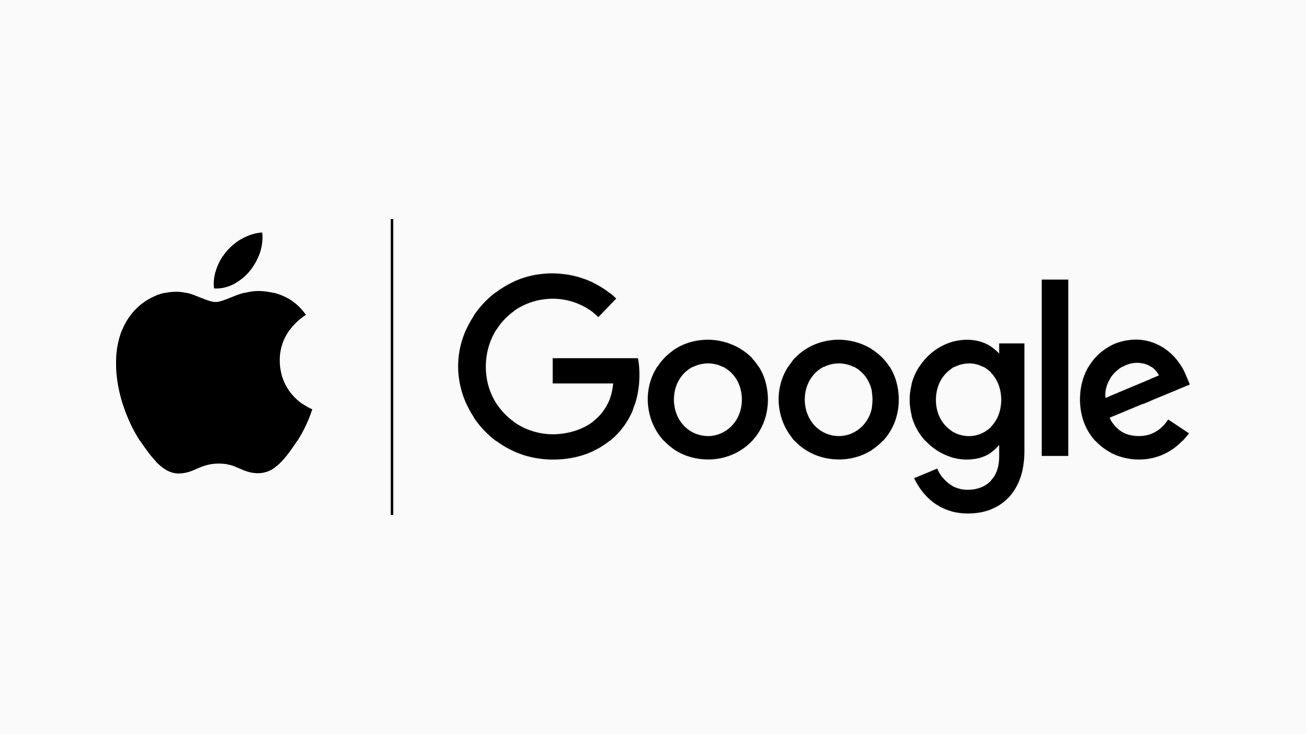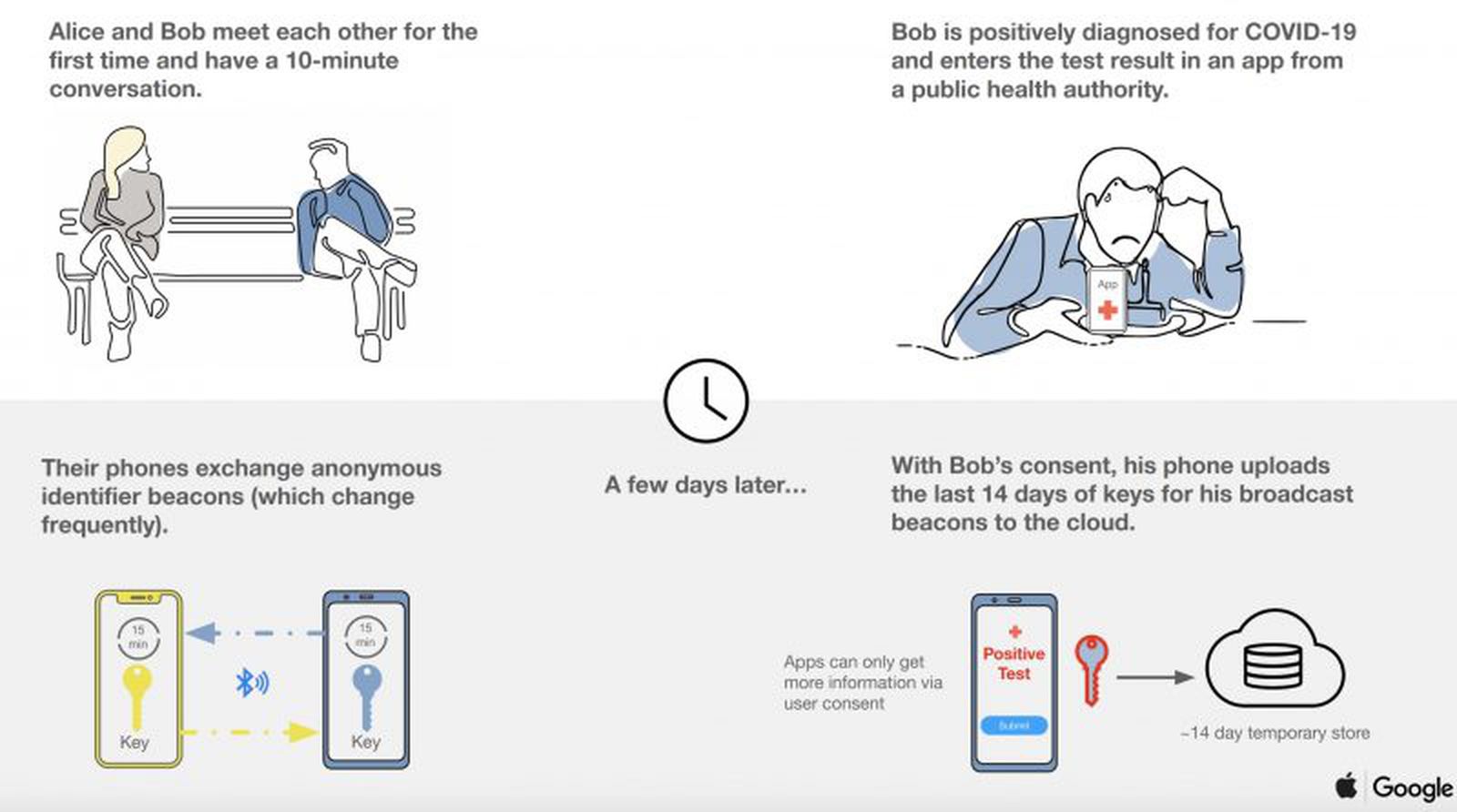
Three days ago, Apple and Google announced in a joint press release that the companies will be working together on contract tracing technology to help better track, and stop the spread of coronavirus and COVID-19.
Now, new details have surfaced regarding Apple’s and Google’s collaboration. According to MacRumors, the companies are going to make sure that individuals who test positive for COVID-19 must be required to submit proof. To do that, one option could be the use of a QR code. The individual could receive the code with their test results, showing they tested positive, and then submit that to the contact tracing system. Apple says that the confirmation step would be handled by an entirely different entity than itself or Google, and that they could vary by region.
This is an important step for contact tracing, because it will rule out false reporting by individuals. For the effort by Apple and Google to actually work the information presented to the contact tracing system has to be accurate, and this verification process makes that a focal point. Apple says the new system will not be enforced by governments.
It will be entirely opt-in by individuals.

Apple and Google’s partnership will see the use of Bluetooth to inform users that they have potentially come into close contact with someone who has tested positive for COVID-19. However, both Apple and Google are adamant that user privacy is a major concern for both, and that will continue to be an important element in the new system.
When it was announced, Apple and Google said the new contact tracing system will be rolled out in two phases:
First, in May, both companies will release APIs that enable interoperability between Android and iOS devices using apps from public health authorities. These official apps will be available for users to download via their respective app stores.
Second, in the coming months, Apple and Google will work to enable a broader Bluetooth-based contact tracing platform by building this functionality into the underlying platforms. This is a more robust solution than an API and would allow more individuals to participate, if they choose to opt in, as well as enable interaction with a broader ecosystem of apps and government health authorities. Privacy, transparency, and consent are of utmost importance in this effort, and we look forward to building this functionality in consultation with interested stakeholders. We will openly publish information about our work for others to analyze.